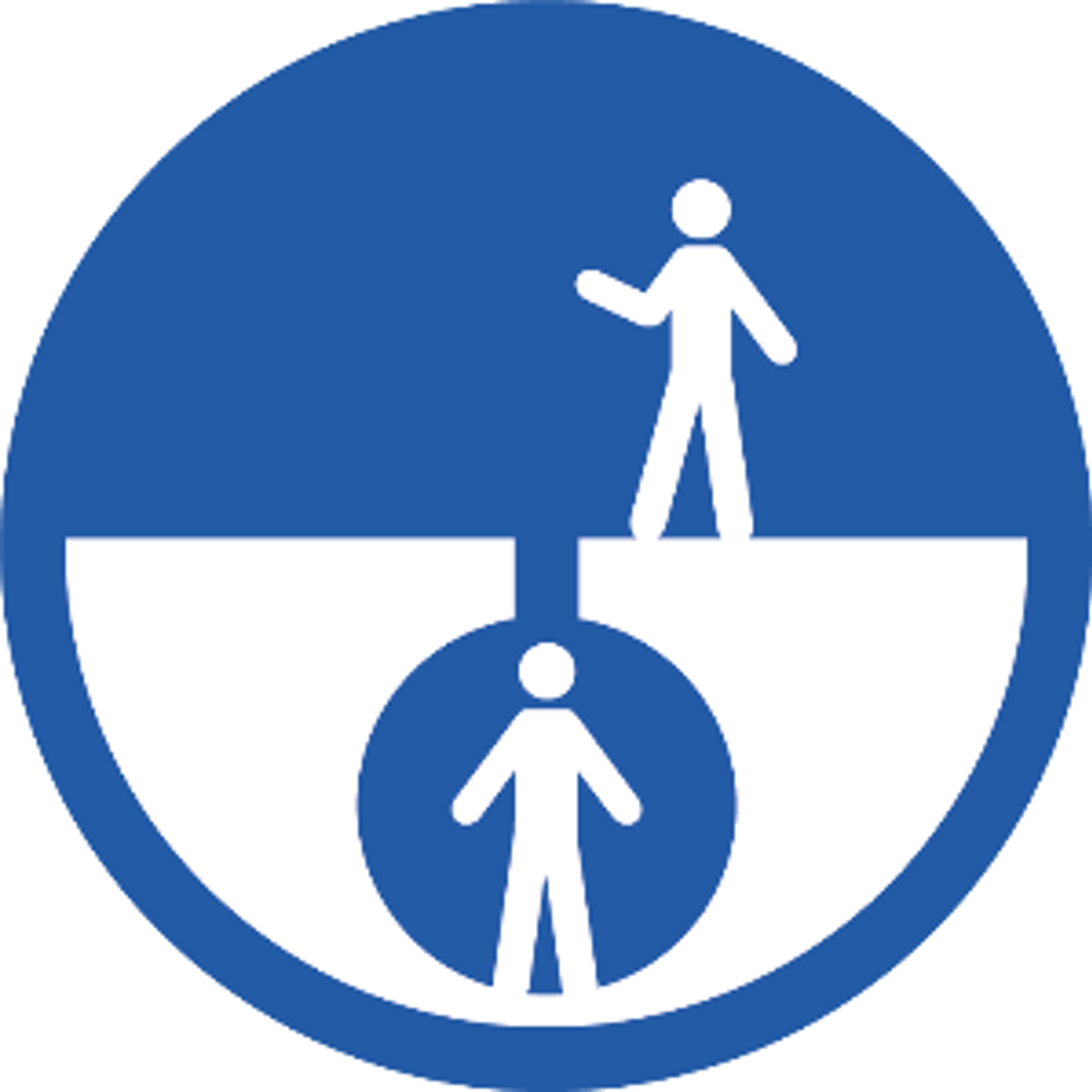Person felt unwell while working in confined space
- Safety Flash
- Published on 28 January 2019
- Generated on 5 July 2025
- IMCA SF 01/19
- 1 minute read
Jump to:
A worker felt dizzy and weak while cleaning a mud tank.

What happened?
The tank watchman noticed this and initiated the emergency rescue procedures to recover the person from confined space.
Following First Aid on-board and further diagnosis of increased blood pressure, the worker had some rest and returned to his duties a few hours later.
What went wrong?
- There was a failure to safely control the work process: permits and certificates incorrectly issued, incorrect gas-freeing checks, personal gas detector not worn, wrong isolation process (no ‘lock-out’).
- The rescue equipment was not suitable – there were no certificates to evidence inspection of safety harness, tripod and inertia reel.
- There was no confined space rescue plan in place.
- Hazards not identified – The mud loaded previously had no safety datasheet hence the hazards were unknown.
Remember: Uncontrolled work in confined space can lead to fatalities!
What lessons were learned?
Thorough check of lock-out/tag-out kits, gas detectors and rescue equipment to ensure properly available and suitable for use.
Related Safety Flashes
-
IMCA SF 08/03
3 July 2003
IMCA Safety Flashes summarise key safety matters and incidents, allowing lessons to be more easily learnt for the benefit of the entire offshore industry.
The effectiveness of the IMCA Safety Flash system depends on the industry sharing information and so avoiding repeat incidents. Incidents are classified according to IOGP's Life Saving Rules.
All information is anonymised or sanitised, as appropriate, and warnings for graphic content included where possible.
IMCA makes every effort to ensure both the accuracy and reliability of the information shared, but is not be liable for any guidance and/or recommendation and/or statement herein contained.
The information contained in this document does not fulfil or replace any individual's or Member's legal, regulatory or other duties or obligations in respect of their operations. Individuals and Members remain solely responsible for the safe, lawful and proper conduct of their operations.
Share your safety incidents with IMCA online. Sign-up to receive Safety Flashes straight to your email.